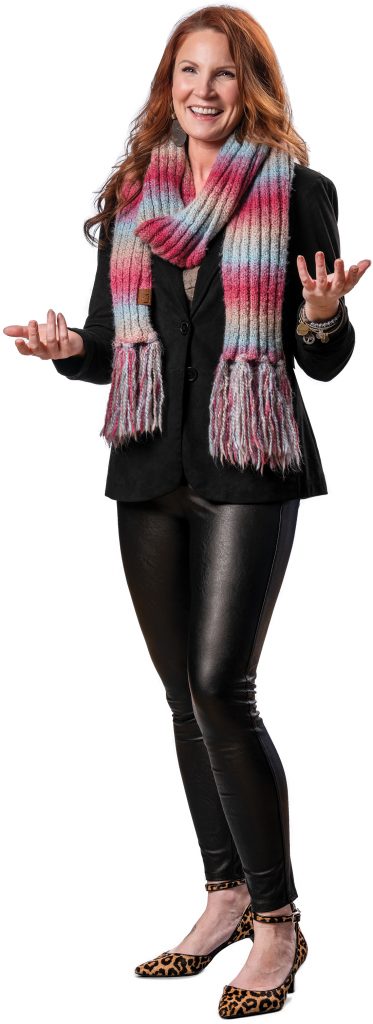Toolkit: Behavior Analyst Stacey Cornelius

Stacey Cornelius is a behavior analyst at Spring Ridge Middle School in St. Mary’s County. Her toolkit for these difficult times addresses the critical social-emotional needs of students and staff.
“A restorative transition to pandemic recovery requires motivation, collective responsibility, and shared leadership. This pandemic has heightened the need to reevaluate and redefine our school’s commitment to a restorative philosophy. Here are some of the critical ways our school is rethinking our relationships with each other and our students.”
Reflection We ensure that staff have a voice and feel valued while reflecting on, and preparing for, how we will meet the social-emotional needs of our students and colleagues when we return to school. Through self-awareness, we are developing emotional control and more effective coping strategies necessary for a healthy and thriving school culture.
Authentic Connection Being present is essential to ensuring that the culture and climate of our school is rooted in healthy, open relationships where every adult and child is seen, heard, supported, respected, valued, and allowed to be vulnerable.
We recognize the need for staff to remain connected and now hold intentional, virtual staff wellness check-in circles to bring small groups of staff together for 30 minutes each week. The result is improved morale and strengthened collegial relationships.
Focus on Balance We create spaces that offer healing, humor, compassion, and connectedness. Some staff have been historically excluded from conversations; we must include all staff voices. Administrator participation helps bridge the gap, humanize, and build equity. If, as adults, we don’t feel calm, healed, safe, and secure, we can’t show up for our students.
We promote equity-centered capacity building, restorative justice, and nurture a culture that integrates an inclusive, antiracist mindset to learning and teaching. We model this by responding swiftly, being transparent and present, and by holding space for uncomfortable, yet necessary, conversations.
Vulnerable Engagement A “relationship-first” philosophy is active in every interaction. We actively support Black colleagues, students, neighbors, and communities. We engage in learning and growing in the areas of racial consciousness and trauma-informed teaching. We participate in meaningful conversations to unpack racial biases, prejudices, and stereotypes.
Change Agent We ask: what does it mean to be human? If we can make space for vulnerable emotions and authentic feelings now, we will be better for it when we come back together again. The pandemic has provided us with an opportunity to focus on the quality of connecting.
We are antiracist educators. We discuss retroactive and proactive actions that address inequities and harm and create more trust and transparency in our work culture. We prepare for questions about the current racial climate that is deeply affecting our students. We acknowledge that traditional American history fails to incorporate the experiences of all Americans and does not include the voices of marginalized groups.

